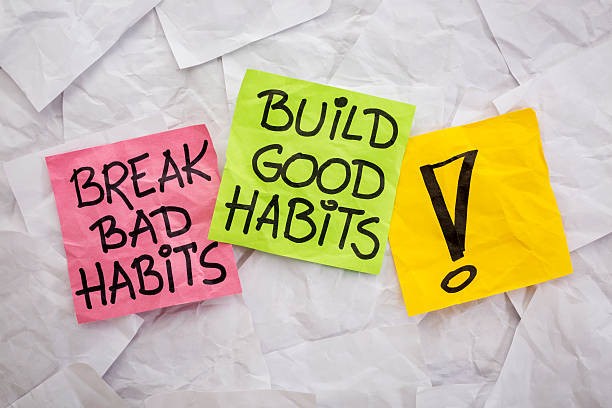From the moment we wake up to the time we retire for the night, routines dictate our daily lives, shaping our habits, thoughts, and actions.
Whether it's the morning ritual that kick-starts the day or the bedtime routine that ensures a restful night's sleep, these seemingly mundane habits wield remarkable power in influencing our physical, emotional, and mental states.
A well-designed daily schedule can provide structure, increase productivity, reduce stress, and foster a sense of purpose and accomplishment. In this article, we'll explore the power of routine and guide you on how to create an effective daily schedule that suits your unique needs and goals.
Recognizing the Benefits of a Daily Routine
Before diving into the process of designing a daily schedule, let's first understand the compelling advantages it offers:
a. Increased Productivity: Following a routine allows you to optimize your time and focus on essential tasks, boosting overall productivity.

b. Reduced Stress: Routine minimizes decision fatigue, as you don't have to constantly decide what to do next. This reduces stress and mental strain.
c. Better Time Management: A well-structured daily schedule helps you allocate time wisely and prevents time wastage.
d. Formation of Positive Habits: Consistent routines help solidify positive habits, leading to personal growth and development.

e. Enhanced Health and Well-being: A balanced daily schedule includes time for self-care, exercise, and relaxation, promoting better physical and mental health.
Analyzing Your Current Habits and Goals
Before designing your daily schedule, assess your current habits and routines. Identify areas where you can improve and determine your long-term goals. Ask yourself:
a. What are my primary objectives in life? (e.g., career advancement, personal growth, fitness)
b. What activities or habits hinder my progress towards these goals?
c. What positive habits do I want to incorporate into my daily routine?
d. What times of the day am I most productive and focused?
e. What leisure activities do I want to include to maintain a work-life balance?
Creating a Flexible Framework
While routines are meant to bring structure, it's essential to create a flexible framework to accommodate unexpected events and adapt to changing circumstances. Follow these steps:
a. Divide Your Day: Segment your day into blocks, such as morning, afternoon, and evening. Allocate time for specific tasks or activities in each block.
b. Prioritize Tasks: Identify the most critical tasks for each day and allocate the time when you are most productive to tackle them.

c. Incorporate Breaks: Schedule short breaks between tasks to rest your mind and recharge. Avoid constant work without pauses, as it can lead to burnout.
d. Be Realistic: Set achievable goals and allocate realistic time frames for each task. Overloading your schedule can be counterproductive and demotivating.
e. Experiment and Adjust: Initially, your schedule may need some tweaking. Be open to experimentation and adapt your routine based on what works best for you.
Conclusion
Designing an effective daily schedule can revolutionize your life by optimizing your time, improving productivity, and reducing stress. Embrace the power of routine by understanding your goals, creating a flexible framework, and prioritizing consistency. Remember, it's okay to make adjustments as needed to accommodate life's changes. With dedication and mindfulness, your well-designed daily schedule will set you on a path of success and well-being. So, seize the opportunity to create a fulfilling and purpose-driven life through the magic of routine.




